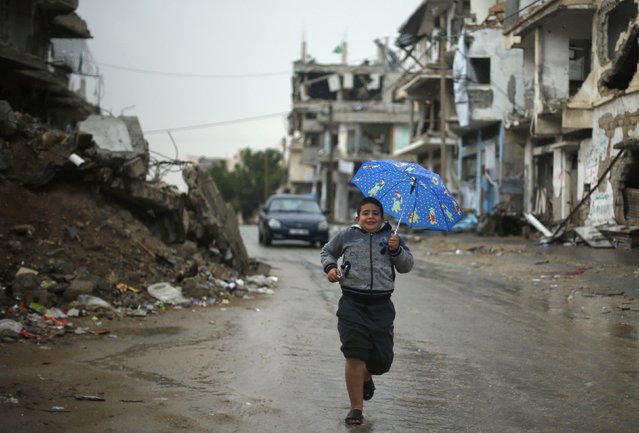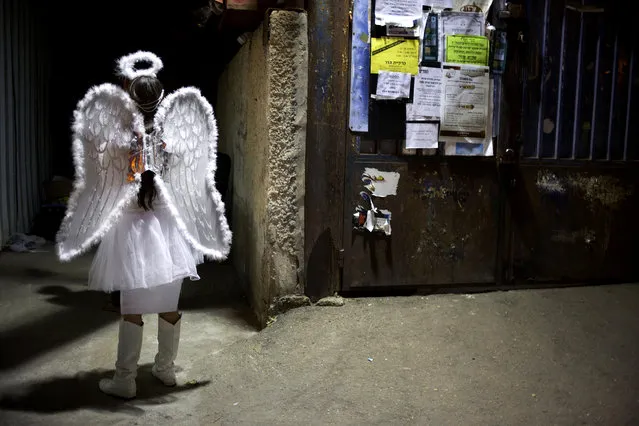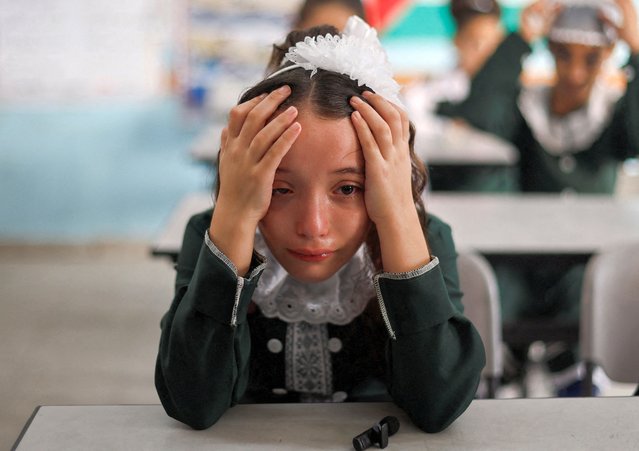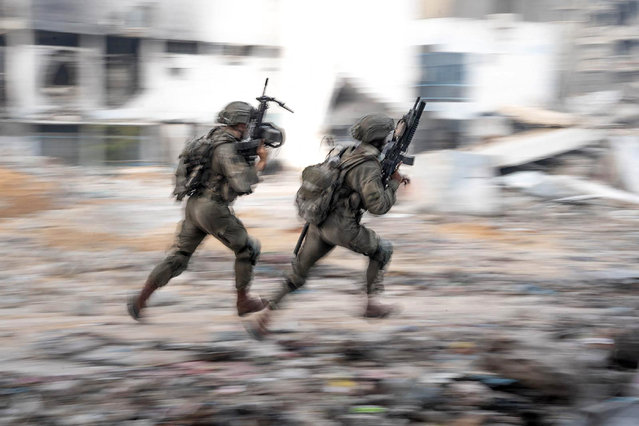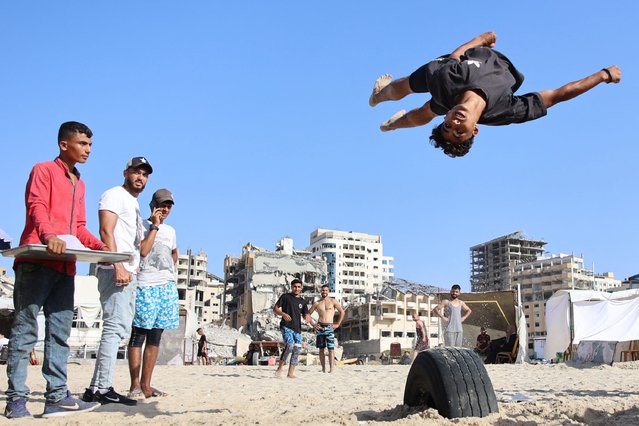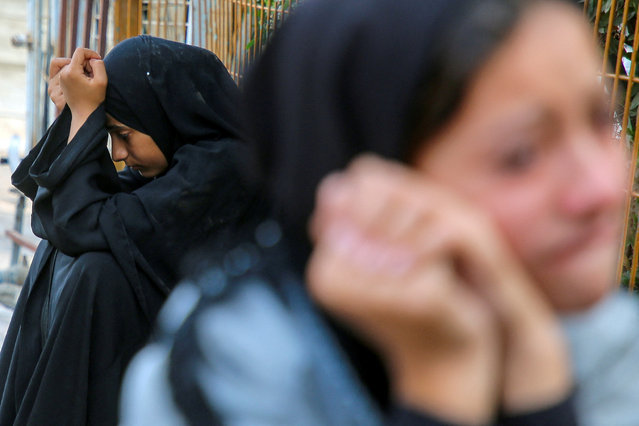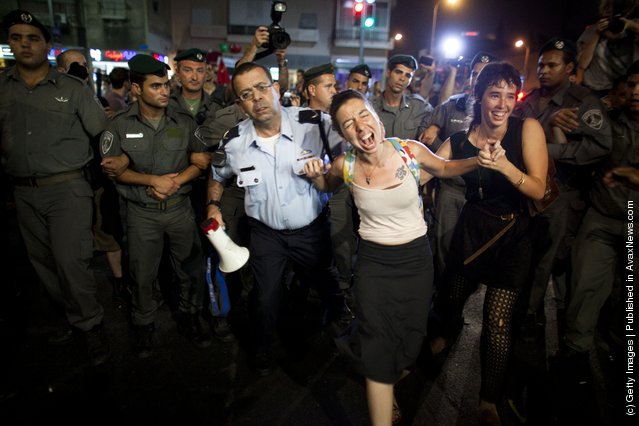
Israeli police officers confront demonstrators as Israelis protest against rising housing prices and social inequalities on July 30, 2011 in Tel Aviv, Israel. Tens of thousands of Israelis took to the streets in 10 cities across the country to protest against the high cost of living, including more than 50,000 in downtown Tel Aviv. The demonstrators rallied in support of hundreds of people who have set up protest camps against the government's economic and social policies. (Photo by Uriel Sinai/Getty Images)
31 Jul 2011 13:22:00,post received
0 comments

